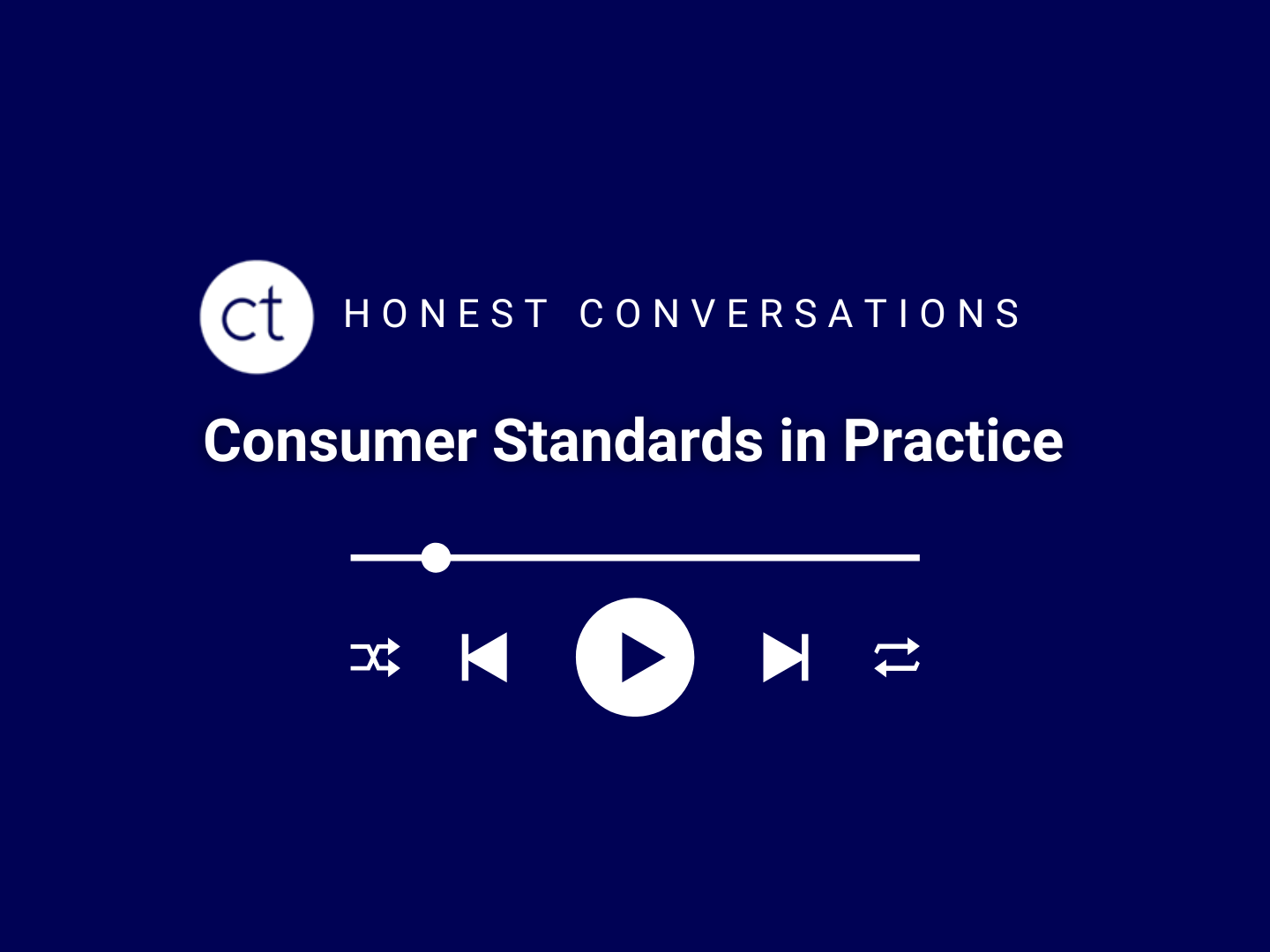Sustainability: Making a contribution
In this blog CT Director Jon Slade, emphasises the evolving role of asset management in the Boardroom, highlighting the shift from routine tasks to strategic planning for sustainability. So what do Housing Board Members need to do to address long-term sustainability issues?
It is easy to remember when asset management in the Boardroom consisted of six component lifecycles, planned works, day-to-day repairs and keeping an eye on compliance performance. That was it. Largely routine. Bottom half of the board agenda, if on the agenda at all.
But today we are expecting Board members to make strategic plans which cast forward 30 or more years and take informed positions on a range of sustainability issues: Retrofit? Electric vehicles? Heat pumps? And many more.
Taking in to account sustainability, building safety and damp mould and condensation asset management now finds itself unambiguously in the top half of the Board agenda. So how can every Board member be equipped to make appropriate impact on an organisation’s sustainability issues? This was the question we considered at a recent webinar, which is available at the end of the page.
Firstly, accept that it’s okay to be in learning mode.
Be open to taking on new skills and new knowledge. If you don’t you will sit quiet and power will vest in a smaller number of other Board members and, in the worst cases in one ‘expert’. Think about some training on carbon literacy and on the wider subject of sustainability.
Collaborate!
Ten organisations each trying to find their own way to the same endpoint will be hugely less effective and efficient than ten organisations working together towards the same shared objective. There is lots of evidence of willingness across the sector to collaborate.
Make use of shared resources.
There are lots of freely available resources you can tap in to deepen your understanding and to find partners and collaborators. Not least Unlock Net Zero and the Good Homes Alliance.
Push for a joined up approach.
Your organisation’s work on sustainability should be joined up to, and reflected in your work on offices, fleet, development, asset management, boiler replacement, everything! Is it?
Develop a way of enquiring on technical matters.
And lastly, develop a way of enquiring on technical matters. There’s no way around the fact that sustainability has layers of complexity. But there are straightforward ways that a non-subject-matter-expert can get under the skin of a technical subject.
CT can enable your board to interact better with sustainability as it relates to your properties, your customers, your staff and the entirety of your operations. If we can help, you’ve only to ask.
Watch Navigating sustainability: A Housing Board Member’s Guide:
Read more about our work in Sustainability, Carbon Zero and Retrofit.
To discuss any issues raised in this article please email: Jon Slade at Jon.Slade@campbelltickell.com



